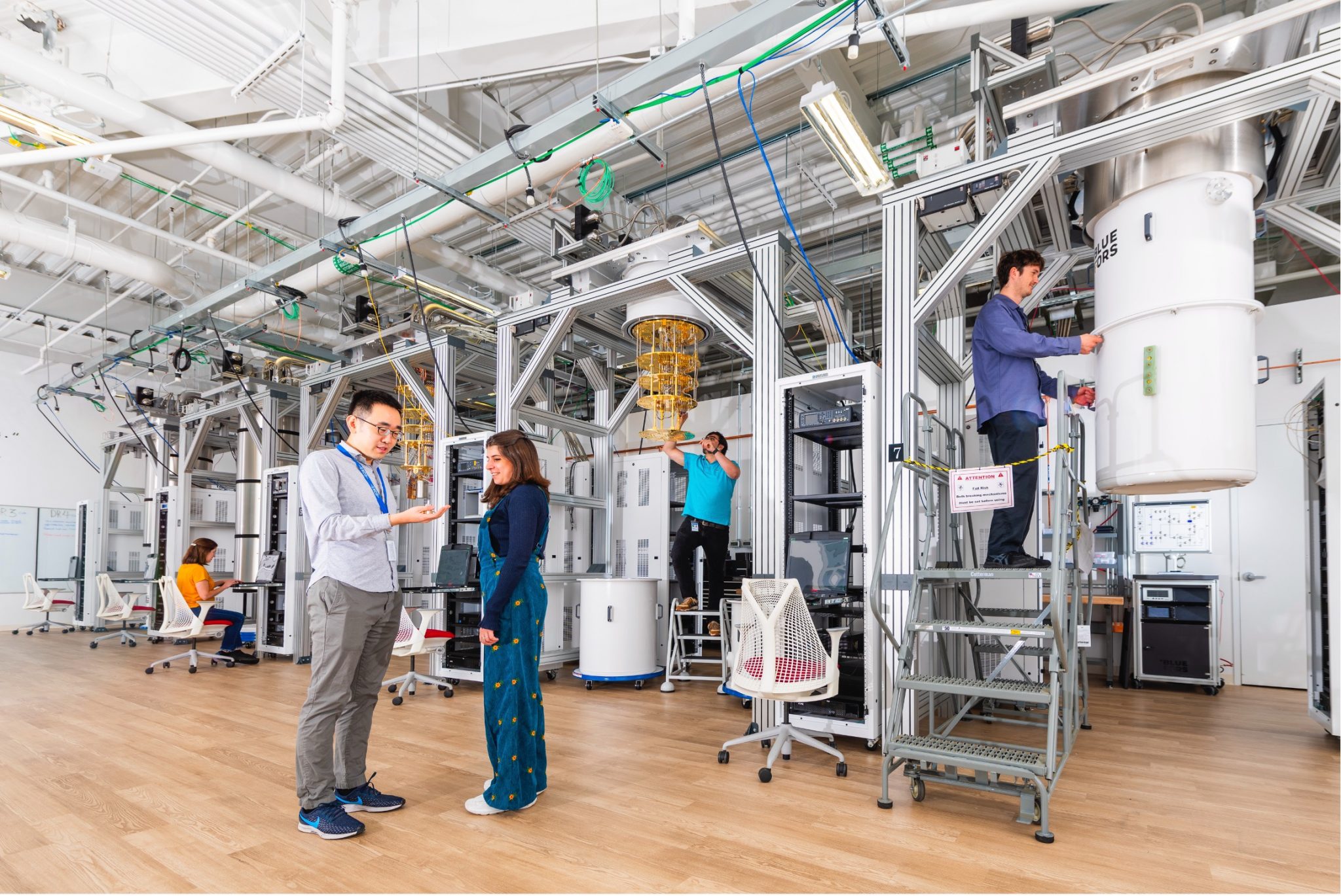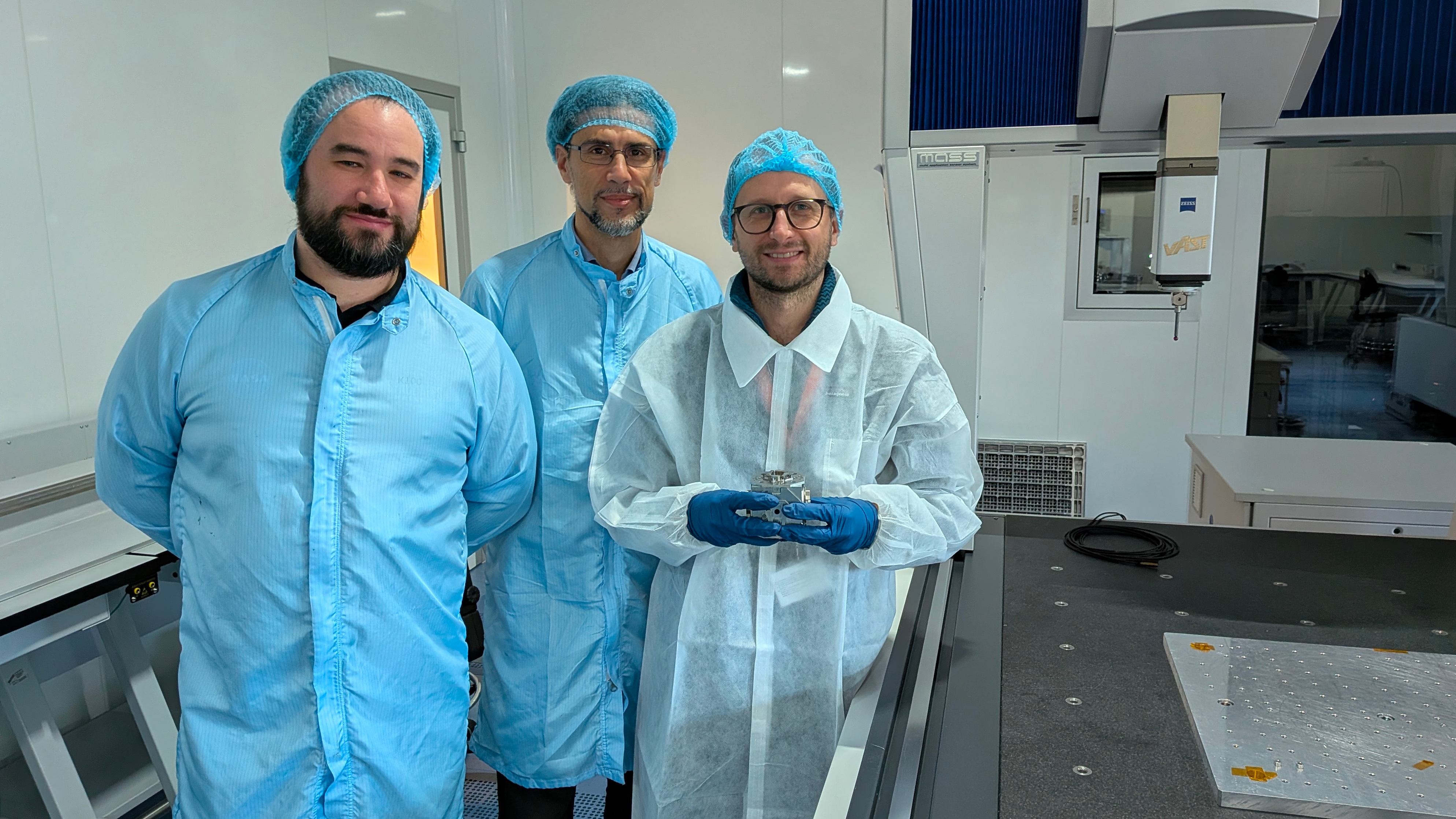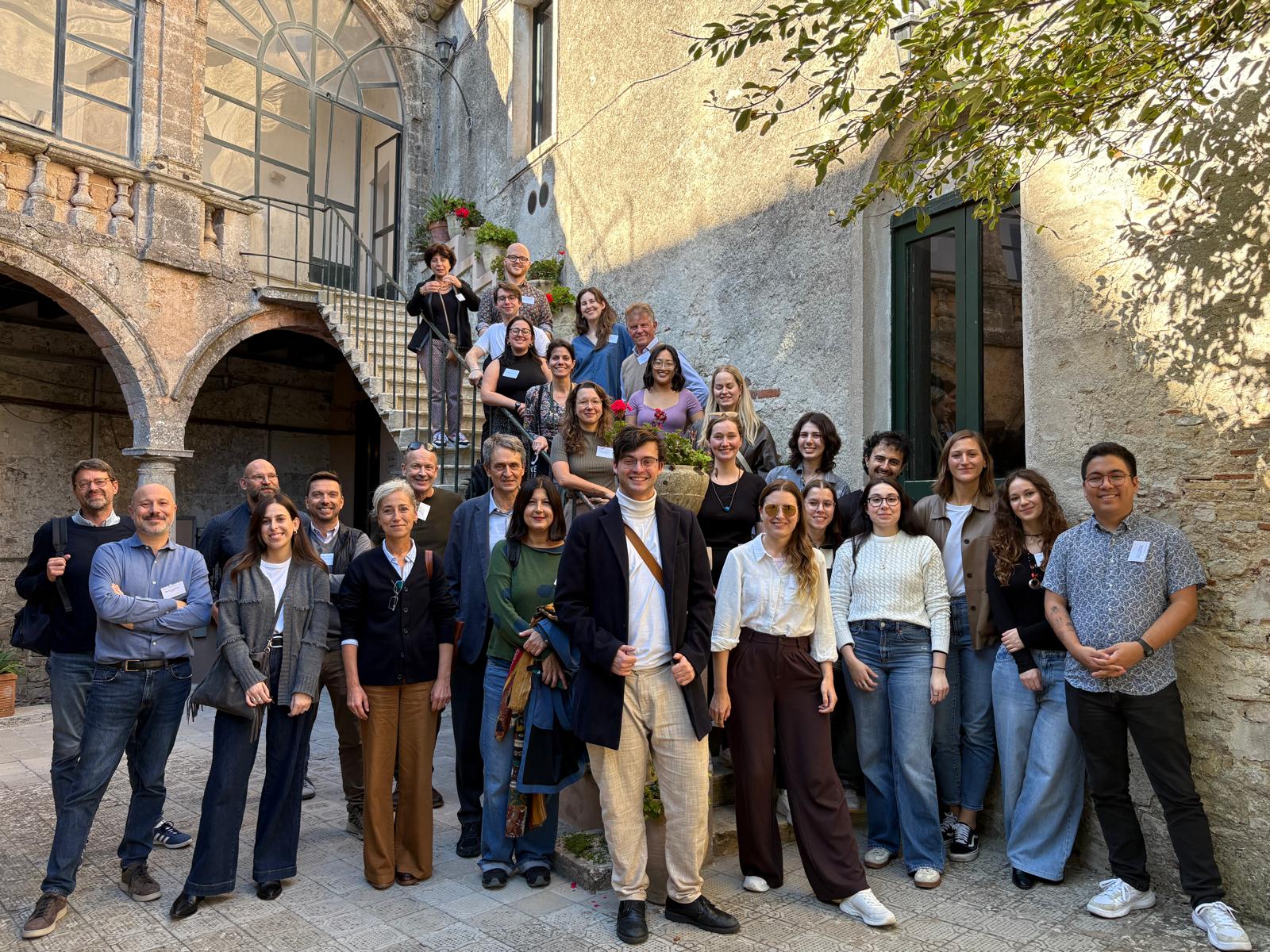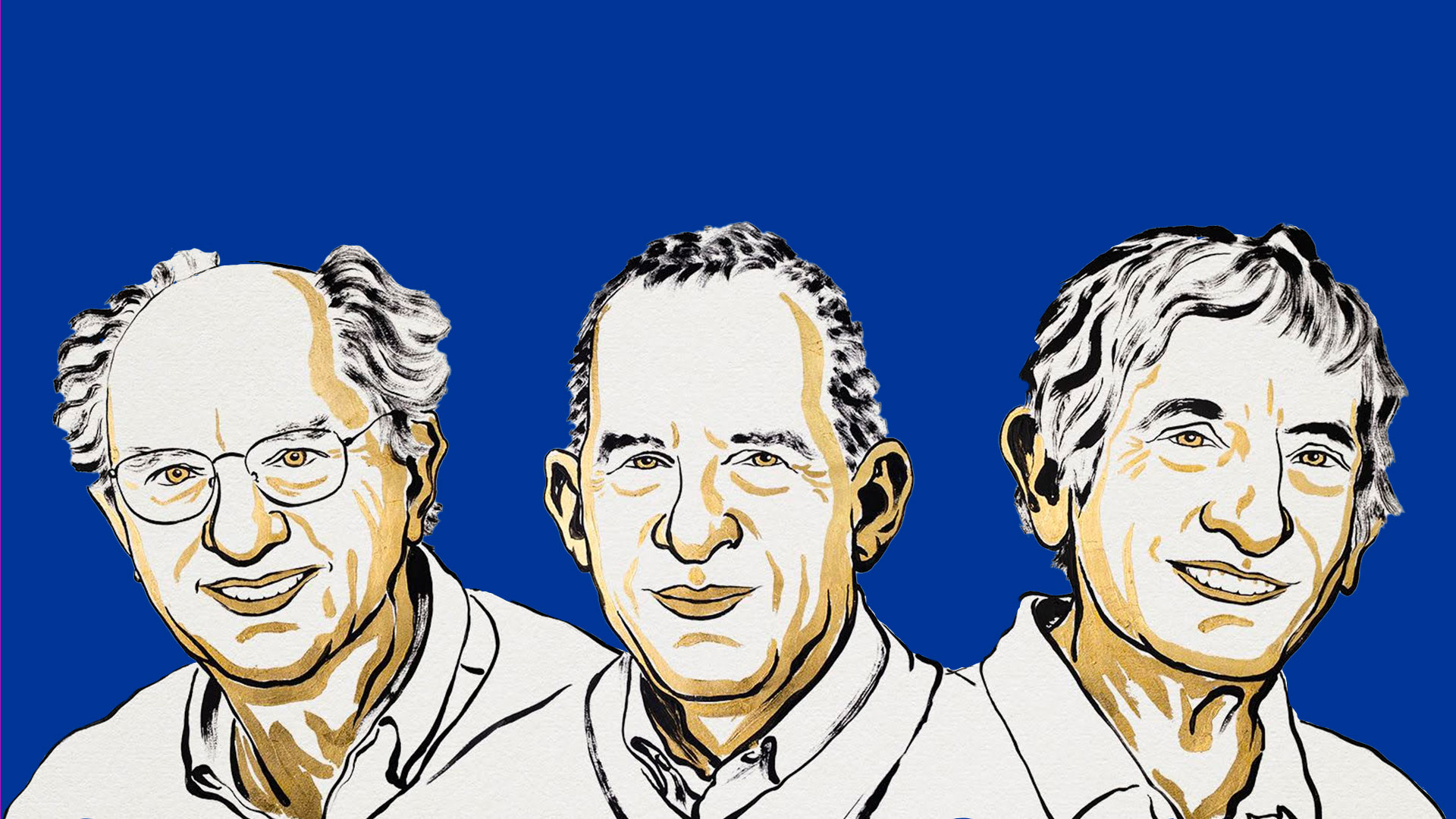I The 2019 Nobel Prize for Physics was awarded on October 8th “for contributions to our understanding of the evolution of the universe and Earth’s place in the cosmos” with one half to James Peebles “for theoretical discoveries in physical cosmology”, the other half jointly to Michel Mayor and Didier Queloz “for the discovery of an exoplanet orbiting a solar-type star.” In detail, Pebbles has developed a theoretical framework on which our modern conception of the history of the universe is based, from the Big Bang to the present.
The 2019 Nobel Prize for Physics was awarded on October 8th “for contributions to our understanding of the evolution of the universe and Earth’s place in the cosmos” with one half to James Peebles “for theoretical discoveries in physical cosmology”, the other half jointly to Michel Mayor and Didier Queloz “for the discovery of an exoplanet orbiting a solar-type star.” In detail, Pebbles has developed a theoretical framework on which our modern conception of the history of the universe is based, from the Big Bang to the present.
Comment by Antonio Masiero, Vice-President of the INFN
“The theoretical physicist James Peebles is one of the great architects of the theoretical construction that describes the universe from its origin to its subsequent evolution, known as the cosmological model of the hot Big Bang. Crucial, in particular, were his contributions in the prediction and description of the oldest visible memory of the big bang, the cosmic background radiation, then experimentally discovered by the nobel prizes Arno Penzias and Robert Wilson. Equally fundamental were his contributions to the introduction of a dominant component of matter in the universe completely different from ordinary matter composed of atoms. It is the “cold” dark matter, a particular new type of matter that would be the basis of the formation of the great cosmic structures (galaxies, clusters of galaxies), and therefore also of our own life. In recent years he has also studied the form of energy (which is neither matter nor radiation) which has provided 3/4 of the entire energy of the universe, dark energy, sometimes denoted by the letter lambda: from here came the big bang model called Lambda-CDM and of which Peebles is undoubtedly one of the founding fathers”.





